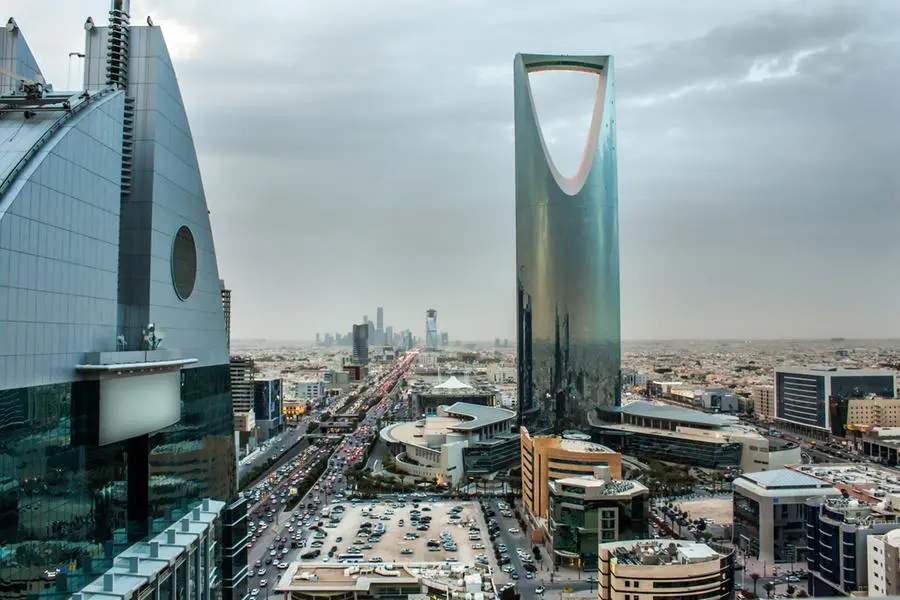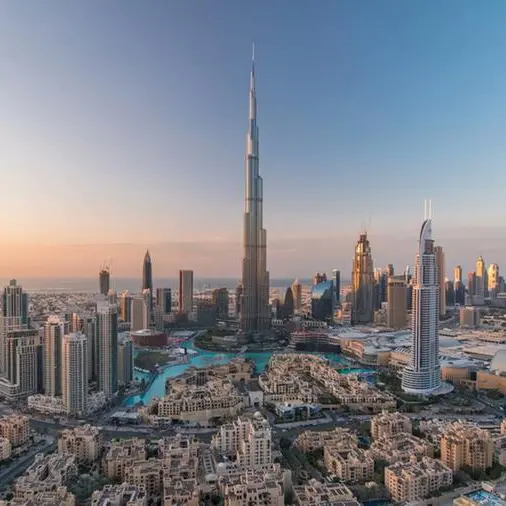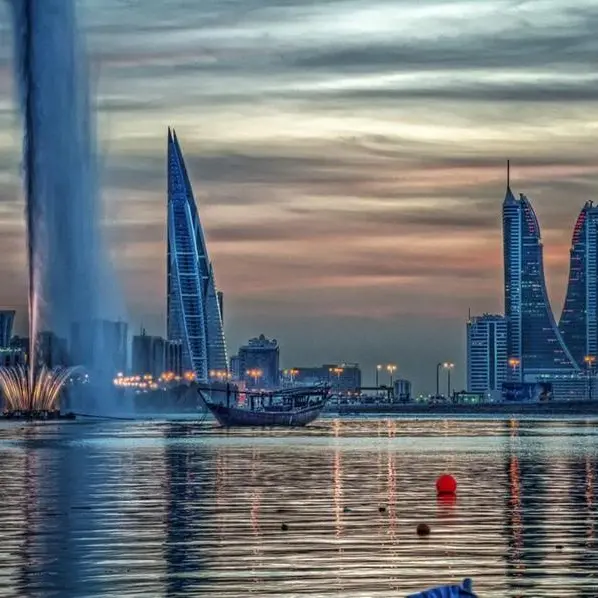PHOTO
Saudi Arabia's multi-faceted real estate market is currently experiencing a dynamic expansion across all sectors, a positive trend backed by compelling recent data and expert insights, according to global property consultancy, Knight Frank.
The office sector, notably in the commercial hub, Riyadh, is witnessing an unprecedented surge in demand with occupancy levels soaring to a record 97% for Grade A office spaces, it stated.
The residential sector, on the other hand, appears to be facing growing affordability pressures, according to Knight Frank’s analysis.
Saudi Arabia's office sector sees a consistent strengthening of demand across its three primary cities - Riyadh, Jeddah, and Dammam Metropolitan Area (DMA).
With Riyadh, the commercial hub, witnessing unprecedented demand and occupancy levels for Grade A and B office spaces reaching 97% and 85% respectively, the office sector is the real star of the market, stated the expert.
Faisal Durrani, Partner – Head of Middle East Research, said: "The real star of the market remains the office sector. With business continuing to flock to the kingdom from the world over – the number of business licences issued increased by 54% during 2022 – prime rents remain under upward pressure and have climbed by 19% in Riyadh over the last year and by about 9% in Jeddah. Vacancy rates also remain marginal at 6% in Jeddah and just 3% in Riyadh."
"The strong economic growth last year of around 9% - the highest level for any major economy – is driving job creating rates in key centres such as Riyadh, which is resulting in rapidly diminishing stock," stated Durrani.
"What’s more, the pipeline of supply remains slim, with around 800,000 sq m of new offices planned in Riyadh by 2025, for instance. We expect demand to far outstrip this, particularly as businesses remain focused on best-in-class space, which is likely to drive a bigger delta in the performance of Grade A and Grade B rents," he explained.
"For now however, the shortage of space means some businesses are left with no option but to consider Grade B options, which has driven rents for more secondary offices up by 15% in Riyadh and 6% in Jeddah over the last 12-months," said Durrani.
On the retail sector, Knight Frank said it was undergoing an exciting transformation as it pivots towards a more experiential model, with a particular focus on Food & Beverage (F&B) and lifestyle retail developments.
These changes are reflected in the growing footfall and increased dwell times, which are the highest within the F&B focused lifestyle retail establishments. This transformation is not signalling the end of traditional brick-and-mortar retail; rather, it indicates an adaptation to evolving consumer preferences and market dynamics, it added.
According to Knight Frank’s Saudi Report, younger respondents (aged below 35 years) are more likely to favour lifestyle retail centres (33%) and online shopping (22% compared to 5% for those aged 45+).
This generational shift in retail attitudes is indicative of the need for traditional retail centres to reinvent themselves and enhance the in-store experience, thereby blending the lines between physical and digital retail landscapes, he added.
Jonathan Pagett – Head of Retail Advisory (KSA) said: "Saudi Arabia's retail sector is witnessing a clear evolution towards an experiential model. As the younger demographic grows, the demand for retail centres offering a diverse blend of shopping, entertainment, and culinary experiences will skyrocket."
"While the future is very much digital, our data suggests there is still a significant place for physical retail, given it can adapt and offer consumers an enhanced, multi-faceted shopping experience," noted Pagett.
On the hospitality sector, the property expert said the recent unveiling of the year-round Saudi Calendar marks a significant milestone for the kingdom's hospitality sector.
This comprehensive calendar, teeming with an array of diverse cultural, musical, and entertainment events, caters to an expansive audience, from local residents to international tourists.
The intent is not merely to entertain, but to foster a rich cultural exchange that illuminates the vibrancy of the Saudi cultural landscape.
"The Saudi Vision 2030 plan's innovative initiative is a game-changer for our hospitality sector. Over 400 events, from concerts to entertainment pop-ups held across the nation on one of the occasions such as Eid Al Fitr, appeal to a broad demographic, driving significant domestic tourism growth," stated Durrani.
"This increase in activity isn't just a temporary boost; it ensures a continuous influx of tourists throughout the year. We anticipate a positive impact on hotel performance, particularly with the projected supply increase by 2025: 27% in Riyadh, 7% in Jeddah, and 21% in DMA," he added.
Copyright 2022 Al Hilal Publishing and Marketing Group Provided by SyndiGate Media Inc. (Syndigate.info).





















